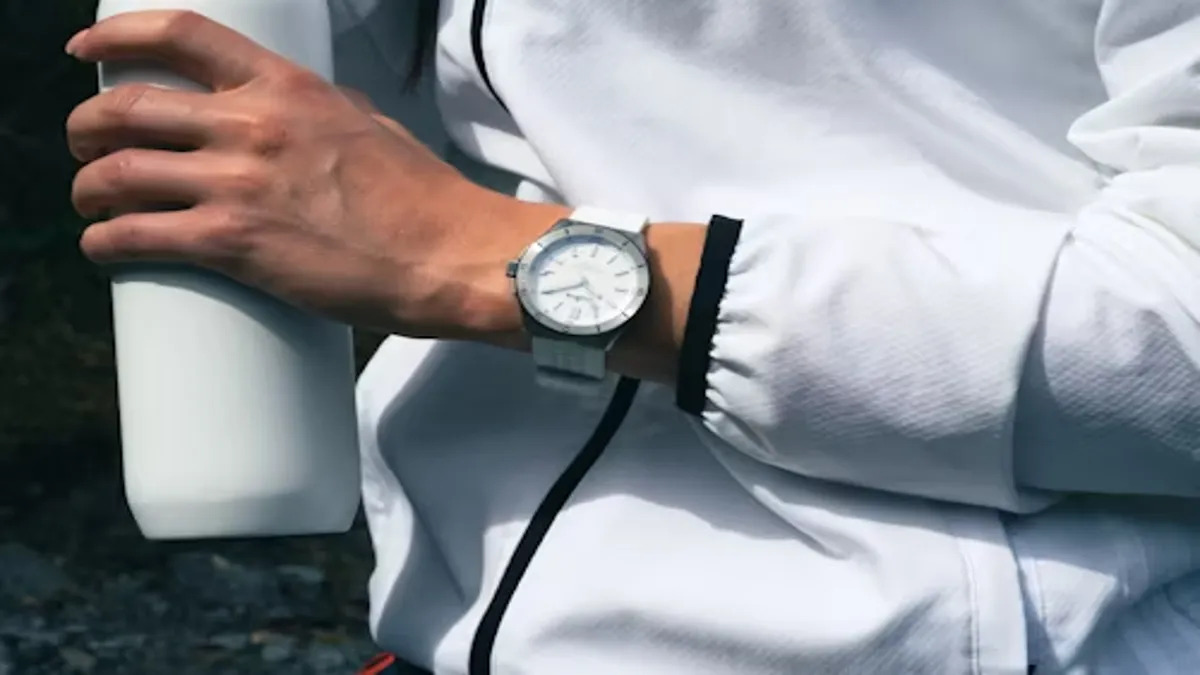For doctors, nurses, and other healthcare professionals, a watch is more than just an accessory—it’s a reliable tool that supports precision, efficiency, and professionalism. In high-pressure environments where every second counts, the right watch can make a world of difference. This guide explores what to look for when choosing a medical watch, why maintenance matters, and how to keep your timepiece in peak condition.
Why Watches Are Essential for Medical Professionals
Medical professionals rely on watches daily for tasks such as:
- Tracking pulse rates with second hands or digital timers
- Monitoring medication schedules accurately
- Managing time efficiently during long shifts
- Maintaining professionalism with a polished accessory
A carefully selected watch helps streamline workflows while reflecting a doctor’s personal style.
Key Features to Consider in a Medical Watch
When choosing watches for doctors, there are specific features that ensure both functionality and practicality in clinical environments:
1. Readability
Clear dials with bold numerals or digital displays make it easy to check the time at a glance, even in dimly lit hospital corridors. A sweeping second hand or digital timer is essential for measuring pulse rates accurately.
2. Durability
Medical professionals work long, demanding hours. A watch should be built to withstand frequent use, with scratch-resistant glass, shock resistance, and water resistance for rigorous conditions.
3. Infection Control
Hygiene is critical in healthcare settings. Watches with silicone or stainless-steel straps are easier to disinfect compared to leather, reducing the risk of bacterial contamination.
4. Lightweight Comfort
During extended shifts, heavy accessories can feel cumbersome. A lightweight watch ensures comfort while still delivering professional style.
Popular Styles Among Doctors
- Digital Watches: Perfect for quick, precise readings with built-in timers.
- Analog Watches with Second Hands: A classic choice for pulse checks and a timeless professional look.
- Smartwatches: Increasingly popular for features like reminders, heart-rate monitors, and hands-free notifications.
Each option has its merits, but the best choice depends on personal preference, clinical requirements, and style.
Maintaining Your Timepiece: The Role of Watch Winders
Doctors often rotate between multiple watches depending on their schedule—perhaps a smartwatch during long hospital shifts and a classic automatic watch for conferences or formal occasions. For automatic timepieces, keeping them running smoothly is essential.
This is where a Mozsly watch winder becomes indispensable. A quality watch winder ensures that automatic watches remain wound and accurate, even when not in use. It prevents lubricants inside the movement from stagnating and saves doctors the inconvenience of resetting the time before each wear.
Final Thoughts
For medical professionals, a watch is far more than a style statement—it’s a tool that supports accuracy, hygiene, and efficiency in high-stakes environments. By choosing the right features—such as readability, durability, and infection control—doctors can find a timepiece that complements their demanding lifestyle. And with the support of a reliable watch winder, they can keep their automatic watches running flawlessly for years to come.
Whether opting for a practical digital model or a refined automatic piece, the right watch ensures doctors stay on time, every time.

